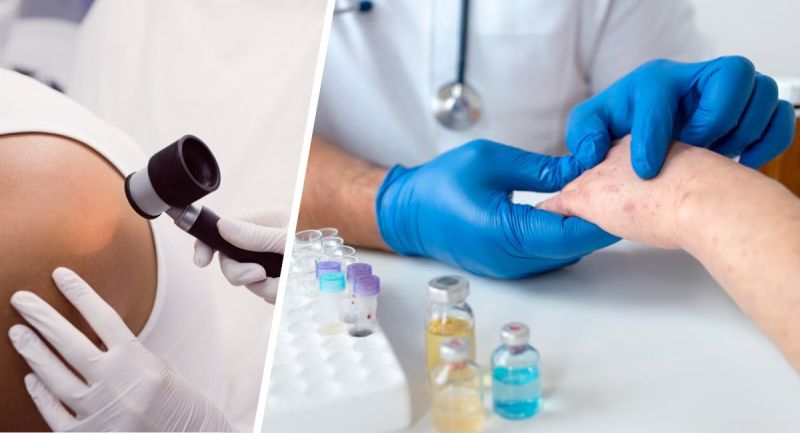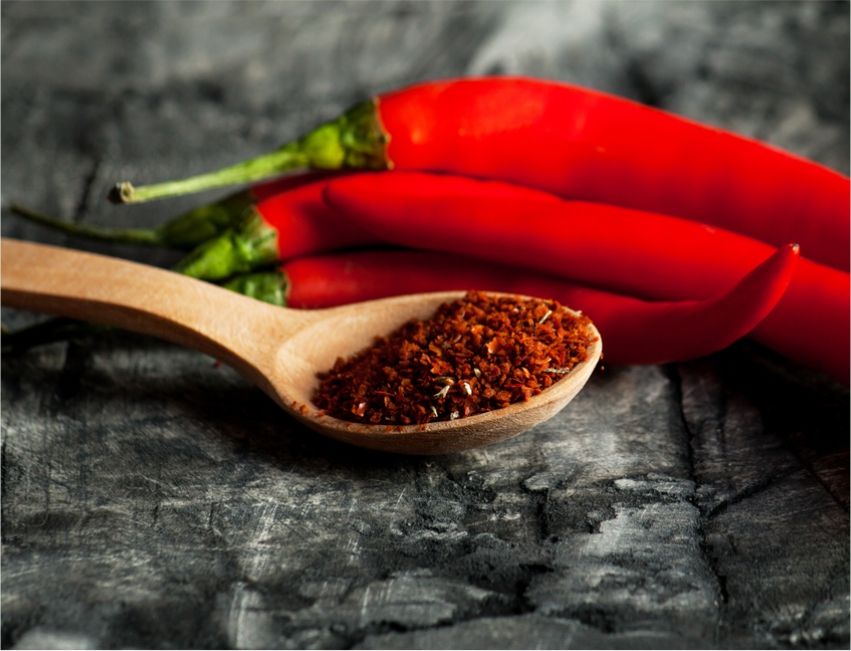Health alert: Skin cancer cases in India are on the rise

- Newsband
- 28 Apr, 2025
For a long time, it was assumed that India’s predominantly melanin-rich population was naturally shielded from the risks of skin cancer. But recent medical trends are dispelling that belief. Cases of skin cancer are rising steadily across the nation, and experts point to a combination of environmental, lifestyle, and awareness-related factors behind the surge.
One of the reasons for this is increased exposure to ultraviolet (UV) radiation. Changing habits have led more people to spend extended hours outdoors, often without adequate sun protection. Combined with the ongoing depletion of the ozone layer, which allows more harmful UV rays to reach the Earth's surface, this exposure poses a serious risk.
Environmental and lifestyle changes have compounded the problem. A growing urban population spends most of the day indoors and then suddenly steps into intense sunlight, causing cumulative damage over time. Added to that, air pollution and climate-related shifts may be exacerbating the risks further. Despite these growing dangers, there remains a significant lack of awareness. Unlike in Western countries, routine skin checks are uncommon in India.
Identifying the early signs of skin cancer is crucial. Persistent wounds that don’t heal, noticeable changes in moles, new skin growths, itching, pain, or bleeding are all symptoms that should prompt immediate medical attention.
Treatment of skin cancer requires a team approach involving dermatologists, oncologists, and specialized surgeons. In early-stage cancers, surgical removal of the tumour may suffice. However, when cancer spreads to deeper tissues or bones, more complex surgeries such as limb-salvage operations might be necessary.
Immunotherapy and targeted treatments, such as checkpoint inhibitors, are also making a difference by helping the body’s immune system destroy cancer cells. Radiation therapy is used in cases where tumours are located near sensitive areas. Post-treatment rehabilitation and regular monitoring play an important role in recovery and prevention of recurrence.
While medical treatments continue to evolve, prevention remains the most effective strategy. Doctors recommend the daily use of broad-spectrum sunscreen with SPF 30 or higher, wearing protective clothing, avoiding outdoor exposure during peak UV hours.
In an inspiring development, Heman Bekele, a teen from Virginia, USA, has created a potential game-changer in the fight against skin cancer. Bekele, who was born in Ethiopia,
developed an affordable medicated soap infused with cancer-fighting compounds like Imidazoquinoline. The nanolipid-based delivery system, allows the medication to stay on the skin even after rinsing. The soap, still undergoing testing and awaiting FDA approval, could offer a low-cost alternative to expensive topical treatments like imiquimod.
Bekele’s goal is to make skin cancer treatment more accessible, especially in countries where medical costs are a barrier. His project won the 3M Young Scientist Challenge.





